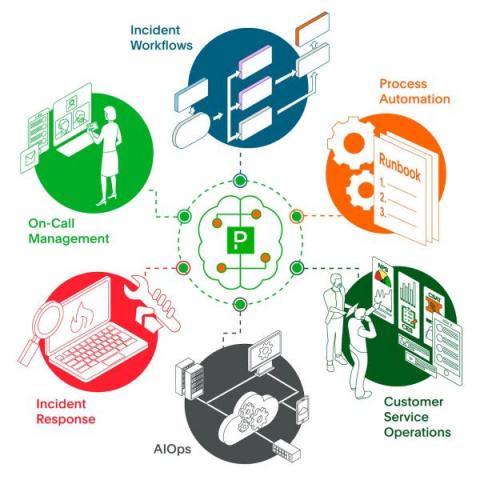Automation Seasons Freezings Wrap Up and New Year's Resolutions
It’s that time of year where you may feel pressured to pick your New Year’s resolutions. Well, we went ahead and tried to give you a head start. 2023 is the year we tame toil so we can focus on the fun stuff like engineering and innovation. Hopefully you have had the chance to follow along with us for the month of December for Seasons Freezings, the time of year you are locked out of production, so you have time to explore new ideas like automation 🙂.











